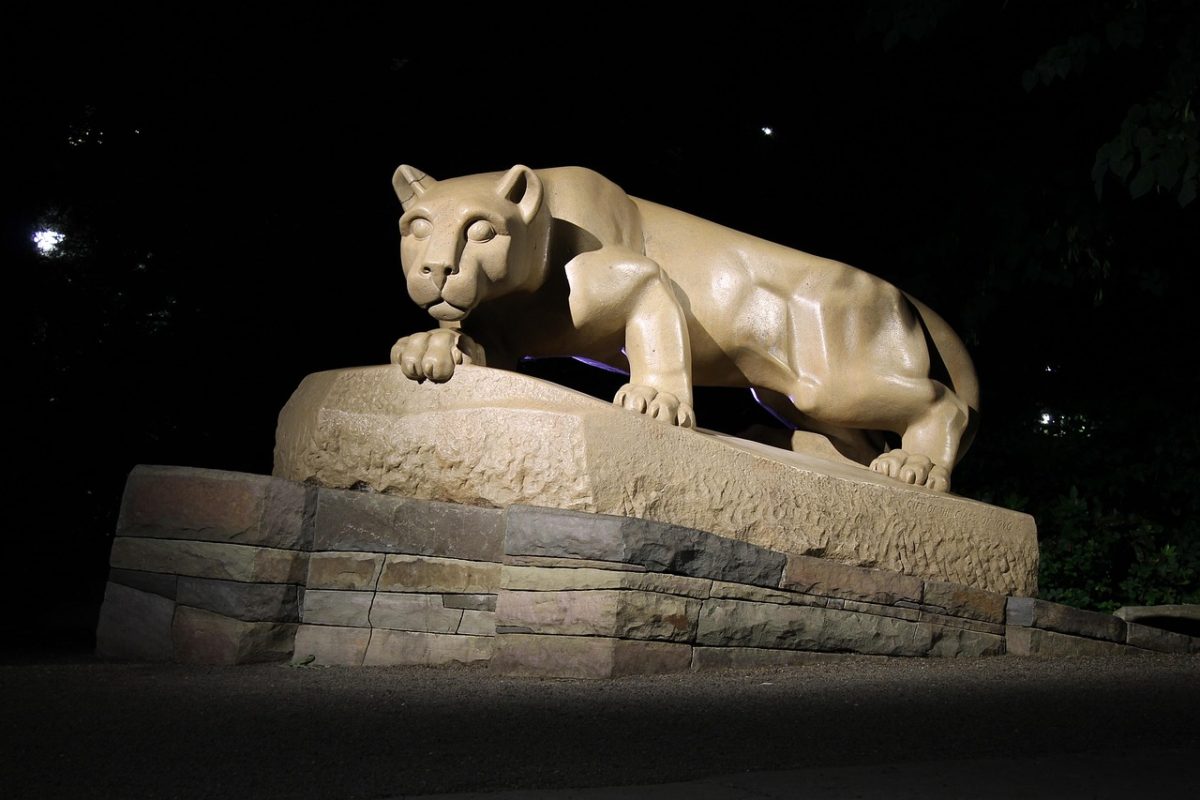By: Maddie O’Shea
Today, the term “Ivy League” has quite a reputation: an erudite achievement.
But along with its grandiose aura, the presence of academic and economic pressure as well as a lack of meaningful contribution can surface. Making Caring Common (MCC), a Harvard graduate school, has recognized this unhealthy self-obsession for success. And they’re planning to do something about it.
“As a culture we have designated some colleges as ‘elite’ and therefore more desirable,” Media Director of MCC, Alison Cashin said. “As more and more students seek admission to these colleges, competition increases, and this adds to the mystique of gaining admission.”
It’s time to say enough. Enough to excessive academic pressure. Enough to barriers for economically disadvantaged students. Enough to forgetting the importance of commitment to community due to self-gain.
Harvard’s solution? Reforms to the admissions process called Turning the Tide: Inspiring Concern for Others and the Common Good through College Admissions.
Making Caring Common’s goal is to reform college admissions over the course of the next two years so today’s freshman face a distinctly new admissions process compared to what today’s seniors experience.
MCC has three main concerns for college admissions to reform:
1.Promoting more meaningful contributions to others, community service, and engagement with the public good.
Often times, students applying to Ivy Leagues end up filling their application with a quantity of community service hours, but those numbers do not necessarily represent a student’s altruism. Making sure that each service is meaningful and impactful is what matters most.
2. Assessing students’ ethical engagement and contributions to others in ways that reflect varying types of family and community contributions across race, culture, and class.
Students living in low income may express non-traditional community service throughout familial obligations such as childcare supervision, working to support his or her family, or helping his or her household. Turning the Tide would like admissions to recognize these contributions.
3. Redefining achievement in ways that both level the playing field for economically diverse students and reduce excessive achievement pressure.
The ACT or SAT do not always illuminate student’s intelligence, so forcing an extremely high score to be “smart” enough to apply to a certain college can be detrimental for students. Additionally, some students do not have the opportunity for AP or IB classes, and admissions needs to be aware of this.
It all began as an exploratory meeting in 2014. The MCC project invited college admissions officers, university administrators, school guidance counselors and principals, character education experts, and many other key stakeholders. They discussed how the college admissions process could more effectively assess and promote students’ meaningful ethical and intellectual engagement and more fairly capture the strengths of students across race, class, and culture.
“Turning the Tide recognizes that the college admissions process can send different messages to young people—ones that underscore the importance of meaningful engagement in communities and greater equity for economically diverse students,” Cashin said.
While Harvard originated the idea, other colleges, such as Yale, Stanford, Cornell, Princeton, and the University of Pennsylvania have joined, as well as nearly 100 other colleges and university endorsers.
“The reality is that there are hundreds of excellent colleges throughout the country, and students will thrive at the college that is the best fit for them, not necessarily the college that is the highest status,” Cashin said.
MCC will host a summit in summer 2016, convening admissions leaders and high school parent representatives from across the country with the goal of developing a two year plan to implement key elements of Turning the Tide nationwide.
As MCC continues reforms over the next two years, only then will we witness how much the tide has turned.
Additional information and the full report can be found at MCC’s website.










